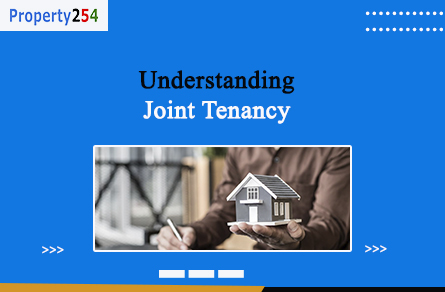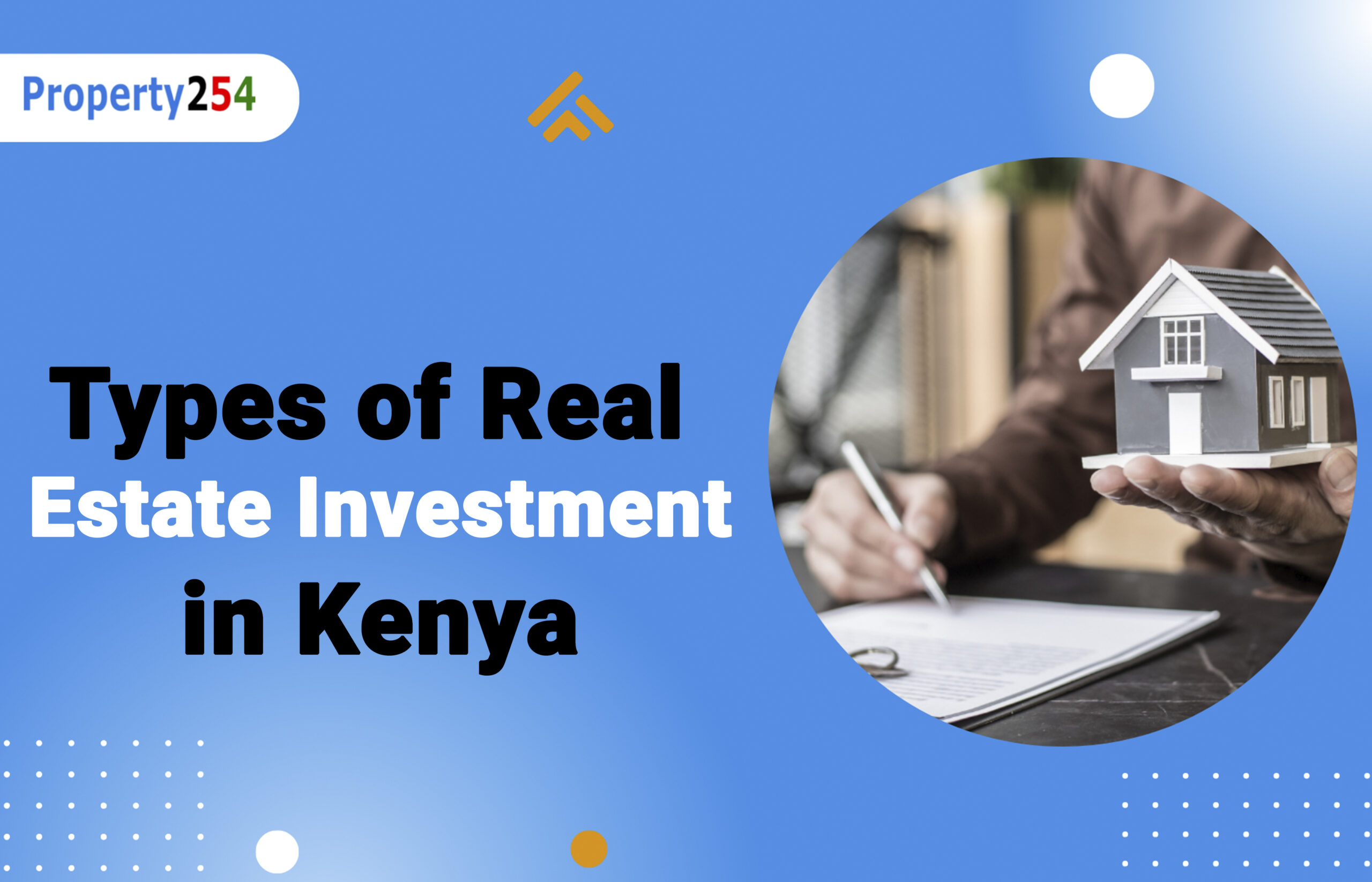Are you overwhelmed when considering buying your first rental property in Kenya? Well, you’re not alone. Many people experience anxiety when they are about to make a big purchase that will bring more money.
However, don’t let anxiety carry you into making the wrong investment choices that will haunt you in the future.
That’s why you need this guide to help you make the right choices while buying your first commercial property. Keep reading to know how you’ll become a landlord soon.
Steps to Buy First Rental Property in Kenya
- Build your credit history
Loans are good, but if you take them for a good purpose. However, you cannot get big loans with a poor credit score.
It’s still funny how the youth are ruining their credit scores by taking expensive payday loans from mobile apps in Kenya, which they later fail to repay. However, the good thing is that anyone can build a good credit score, regardless of their credit history. But you may have to correct your credit early to retire at 40 with real estate.
To buy a rental property, you need lots of cash, and saving such a tremendous amount of money might be challenging. So, you’ll need to take a long-term loan to boost your savings and buy commercial property.
- Do thorough research
Before getting into real estate, you should first research the potential income you will get once you become a landlord.
While researching, consider the following:
- Find a location that is likely to bring in more yields. For instance, a rental property in Nairobi and its metropolitan area will yield more than property in deeper rural areas.
- Will the rental property need renovation? If yes, how much will it cost, based on the current market price of construction materials? This factor will help you analyse the amount of cash you need to set up your property to bring in money.
- Ensure you learn about the market trends. Of course, you need to know what other investors are doing in the area you wish to buy your first rental property in Kenya. You can also survey the rate of rent in the area, which will determine how much you’ll earn monthly as a landlord.
- You should also know the price of the rental property you are buying. This knowledge will help you know what amount of loan you’ll take if you’re not buying with your savings. In addition, knowing the value of your investment eases the calculation of Return on Investment (ROI).
- List all the documents you need
You should have all the necessary necessities to purchase the property and prepare it as early as possible.
Make sure to have the following with you:
- Your National ID/ Passport
- Seller agreement forms
- Title transfer document
- KRA Pin certificate
- Power of attorney
Don’t forget to get lawyers/ advocates to handle the purchase’s legal part.
- Find a good lender
It will be good if you shun loan brokers from your way if you need to get better deals. However, a good credit score of more than 700 will lead to a better loan deal.
Since you have the amount you’ll use to buy the property, don’t take a huge amount of money that exceeds your needs.
Having savings to help you make the purchase is preferable, so you don’t depend entirely on loans.
- Buy your first rental property in Kenya
After everything is in place, you must take the bold step to becoming a real estate investor. Ensure you have your witnesses; the seller has their witnesses and lawyers.
You should make the process as legal as possible. Ensure you also enquire about title deeds and do a search to know their validity.
In addition, it’s advisable to use electronic money transfers instead of paying in cash. This trick will help keep durable records that won’t get altered by anybody whatsoever.
- Have plans to transform your new rental property
After you’ve become the legal owner of the property, you can refurbish it into what you want to draw new clients. Consider furnishing your rental property to be more appealing to the customers.
- Focus on high-value clients
Remember, you’ll now be after profits and ROI and, of course, not forgetting customer satisfaction.
You can derive excellent means to advertise your property to potential clients. Remember that the more your houses are vacant, you may not realize your dream income.
Always make an effort to make your property as decent as possible. Remember that it’s the appearance that will attract high-value clients.
The Bottom Line
Buying your first rental property in Kenya is simple if you follow this guide. Why don’t you start planning on buying your first rental property?
Frequently Asked Questions
- How do I fund my first rental property in Kenya?
You can fund your first property with your savings or a loan. Your savings can serve as a downpayment of the property. If you own a home, you can use it as collateral against the loan you take. However, ensure you can repay the loan if you don’t want to lose your home to the lender.
- What is an excellent rental yield in Kenya?
Your rental income depends much on the location of your property. Big cities and towns have a higher rental yield than small rural towns. In addition, a residential property can yield between 5% and 7%, while a commercial property between 9% and 12%, depending on location.
- Is being a landlord profitable?
If you make the right decisions after becoming a landlord, you can earn lots of profits. You also need to make your houses very attractive to potential clients.
Thinking about buying or selling?
Discover your next home or get a free market analysis on our website today.









